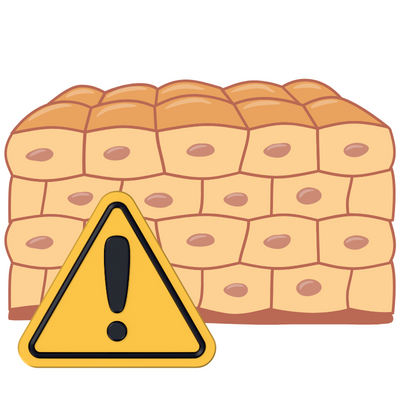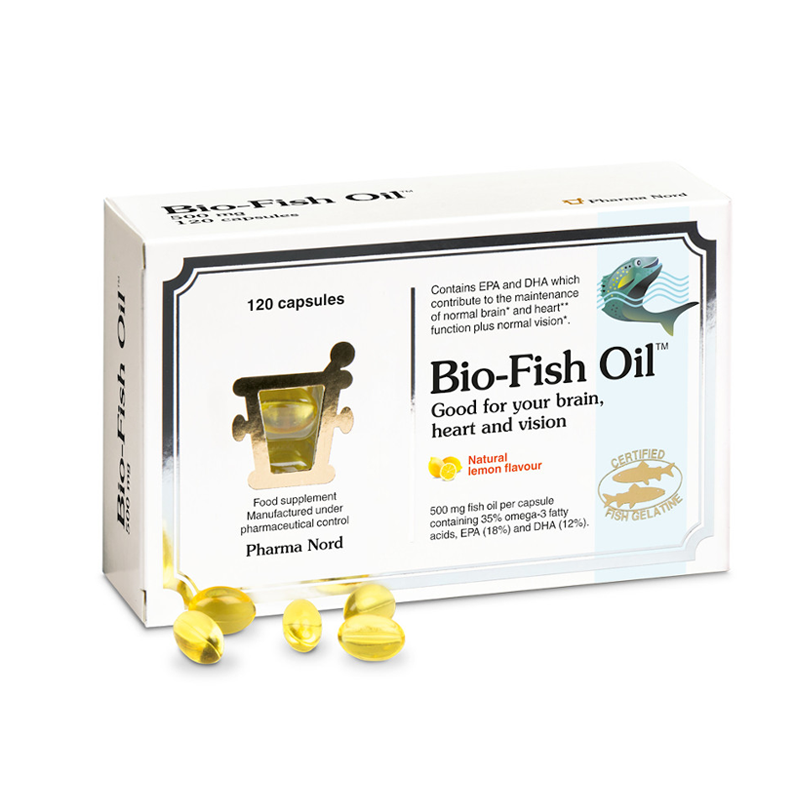Skin Health
Managing skin health for healthier, resilient skin
Learn how lifestyle changes, nutrition and natural support can help reduce your risk of skin problems.





What is skin?
What is sebum production?
Frequently Asked Questions
What are the most common causes of skin problems?
Skin issues can be caused by genetics, ageing, sun exposure, hormonal changes, allergies, stress, poor diet, or environmental factors like pollution. Some conditions, such as eczema or psoriasis, are long-term and may flare up periodically.
How does nutrition affect skin health?
A balanced diet rich in vitamins A, C, D, and E, omega-3 fatty acids, selenium, and zinc supports collagen production, skin repair, and hydration. Antioxidant-rich foods also help protect skin from oxidative stress and premature ageing.
Can stress and lack of sleep affect my skin?
Yes. Chronic stress and poor sleep increase cortisol levels, which can weaken the skin barrier, trigger breakouts, and slow healing. Prioritising good sleep and stress management can improve skin resilience.
What are the best ways to protect skin from sun damage?
Wear broad-spectrum sunscreen, avoid excessive midday sun, and use hats or protective clothing. UV rays accelerate ageing, increase pigmentation, and significantly raise the risk of skin cancer.
When should I see a doctor about skin changes?
Seek medical advice if you notice sudden or unusual rashes, persistent dryness, itching, sores that don't heal, or changes in moles (size, shape, or colour). These could signal underlying health issues.









